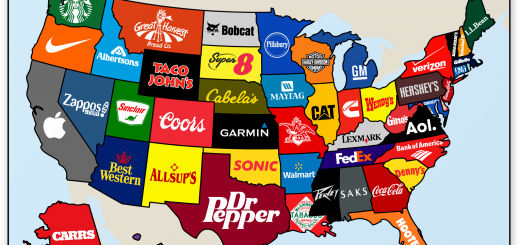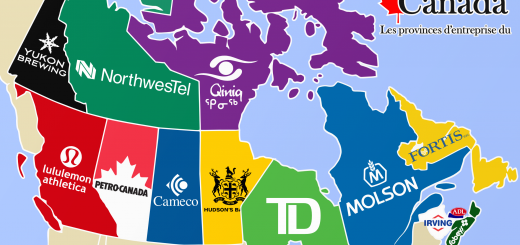Engagement and User Experience
 What do you think when your hear the word “engagement”? Maybe people deciding to get married? If you work in technology, marketing or design, you may instead think about how users interact with a product, and what keeps them interacting. This is the kind of engagement I’m talking about. It’s a big buzzword in Silicon Valley. High engagement numbers are good for business, but are they good for society as a whole?
What do you think when your hear the word “engagement”? Maybe people deciding to get married? If you work in technology, marketing or design, you may instead think about how users interact with a product, and what keeps them interacting. This is the kind of engagement I’m talking about. It’s a big buzzword in Silicon Valley. High engagement numbers are good for business, but are they good for society as a whole?
Company vs Consumer
In an ideal world, what’s good for a company is good for a consumer. If a product is too expensive, people won’t buy it and a company goes out of business. If it’s too cheap, they can’t pay the bills and also go out of business. But the modern tech industry changes this equation. The “always online” state of modern computers allows websites and apps to measure user engagement in real time. In the right hands, this can be a good thing, as it allows companies to better respond to customers’ needs. But what happens when a user interface is worse for consumers and better for companies? The temptation to manipulate things for the worse is far too strong for many companies to resist.
Customers vs Users
As many people have pointed out, Facebook’s users are not its customers. The company gets its money from advertisers, not the people reading their news feed. So when Facebook measures how long users engage with the site, they tweak things to keep the ads flowing, to the detriment of users. The same is true with free-to-play games. Their business model relies both on a large user base viewing ads and a small cadre of “whales” paying money to speed the games up. And here’s where the line between customers and users starts to blur. Now you have people willing to pay for a product that is optimized for engagement rather than usability. Once marketers started to notice this, engagement became the be-all end-all of user interface design.
For Good or Evil
In the end, user engagement is a tool that can be used for good or evil. Some companies will use their engagement numbers to improve their product. Others will aim for the quickest buck. Unfortunately, the genie is out of the bottle. That leaves it to us as consumers, customers and users to engage with companies that treat people well.
What do you think about companies using their engagement numbers for less than savory purposes? Let me know your thoughts in the comment section.








When I think of engagement it’s in addressing and audience and keeping them “engaged.”